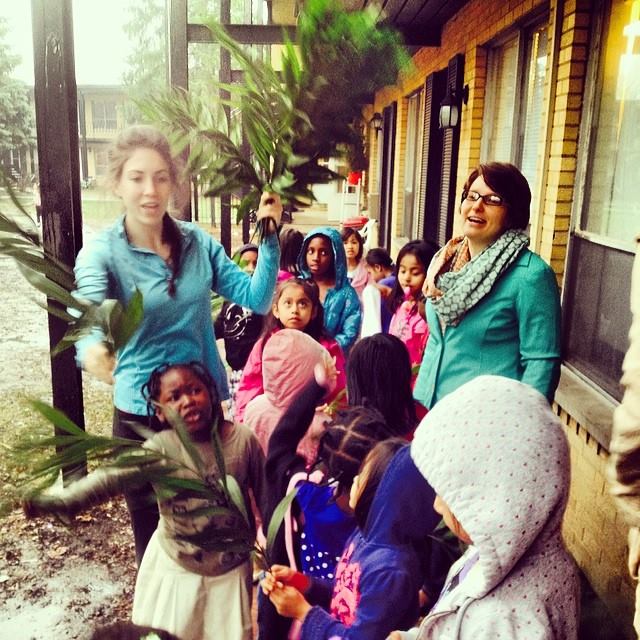I’m a Third Culture Kid (or a TCK for short). I’m an Anglo-American who grew up in an African-American neighborhood on the north side of St. Louis, Missouri. I do not fully identify with either the first culture or the second; in fact, I often identify with a third culture, which is primarily shared by other TCKs. I am more comfortable discussing a global issue, such as racism, than a culturally-specific topic, like the Chicago Cubs.
After graduating from Wheaton College, I made a radical choice and moved into the suburbs. I was hired as an admissions counselor at Wheaton, and it made sense to live within walking distance of the College. Aside from Wheaton campus life (and a semester in the suburbs of Nairobi), I had never lived in “the burbs.”
It was a difficult adjustment. I rarely saw my neighbors outside and struggled to get to know them. I resented the relative wealth of my neighbors, which seemed to be held tightly rather than given freely. Lest I paint a lopsided picture, I did enjoy many aspects of my suburban life: playgrounds and parks, local businesses, the Prairie Path, the train station, Church of the Resurrection, employment. But it was a major adjustment for this city girl.
When I discovered Parkside Apartments, nestled in the western suburb of Glen Ellyn, I found a thriving international community, perhaps even a third culture itself. Mexican children ate Burmese snacks while using English colloquialisms; Sudanese Christians and Sudanese Muslims were suddenly neighbors, albeit reluctantly; children of twenty-five language groups all played in the same courtyard. I started volunteering with the Sunday night kids’ club and loved getting to know this vibrant world. After two years of volunteering with the kids’ club, I married another TCK and moved into Parkside.
For me, Parkside does not represent a ministry, but a way of life. I live here because I love the neighborhood. After living at Parkside for three years, here are a few lessons I’ve been learning:
- Commitment. During our time here (my husband David has been here five years), I continually realize the value of committing to people and a place. When I originally volunteered to lead the girls’ club, I thought a one-year commitment was significant. However, three years later, I am only starting to understand each one of the girls—their stories, personalities, and families. It takes time to build relationships.
- Community. Even my shy next-door Sudanese neighbor Nakir does not hesitate to knock on my window and wave hello as she walks by. I look out my kitchen window and see a dozen kids running around the courtyard playing together. Within our “intentional community” of eleven residents who pray and share meals regularly, I know that I will never face a crisis alone. Parkside is a shared space of rich relationships.
- Simplicity. Living in a one-bedroom apartment combined with my love for cleanliness and organization helps me practice simplicity. Seeing a family of seven live within the same square footage reminds me that my “simple living” is not very simple. Even my schedule has attempted to become simpler. I continue to curb my over-commitment so that I can create time and space for children stopping by my apartment to color or bake muffins, or to say hello to several neighbors while checking my mailbox. Growing in simplicity allows me to live more freely and fully.
I realize that not every can or should live at a place like Parkside, but I also believe that we engage in building relationships across cultures, especially with many of the refugees and immigrants in our midst, God will slowly teach us to grow in the virtues of commitment, community, and simplicity.



